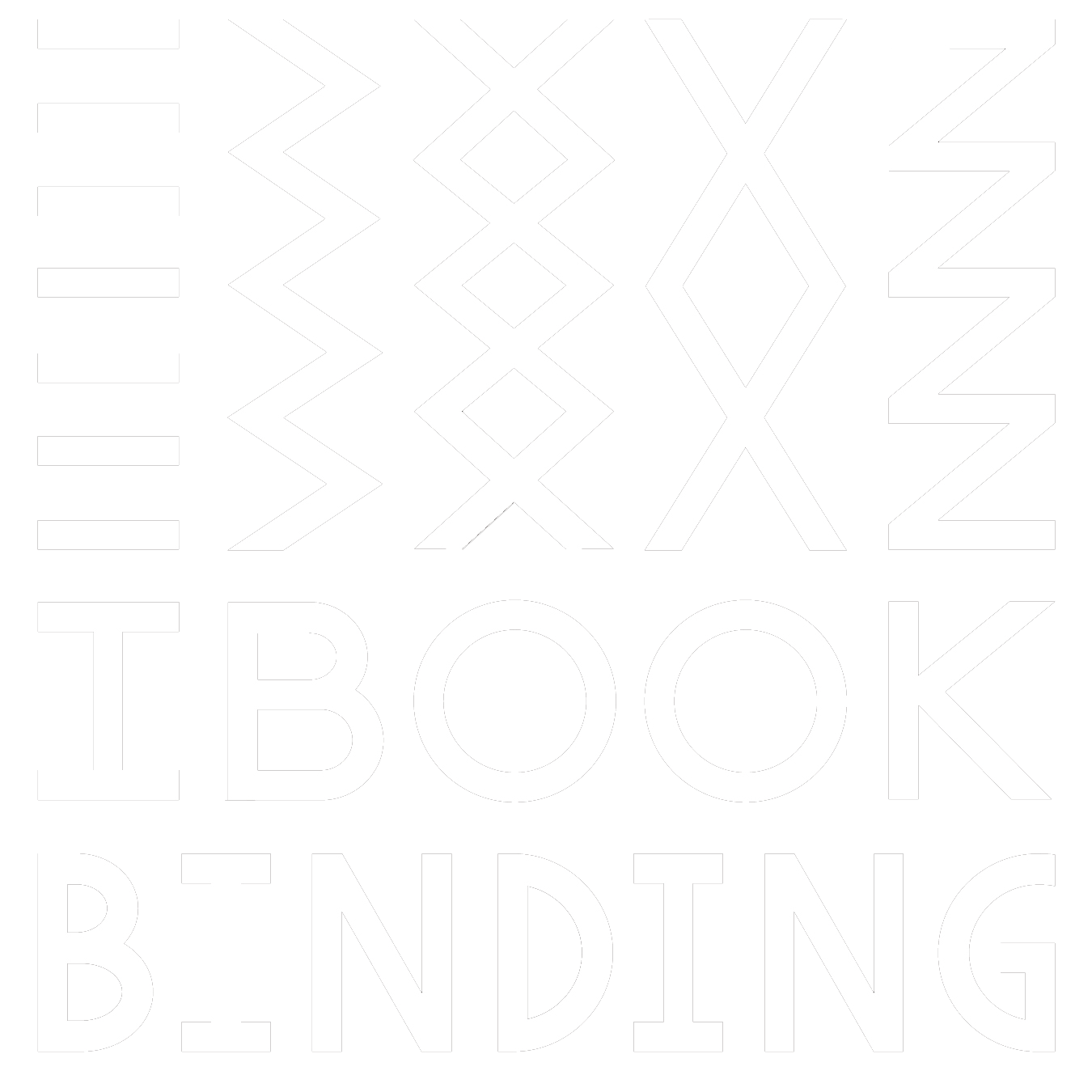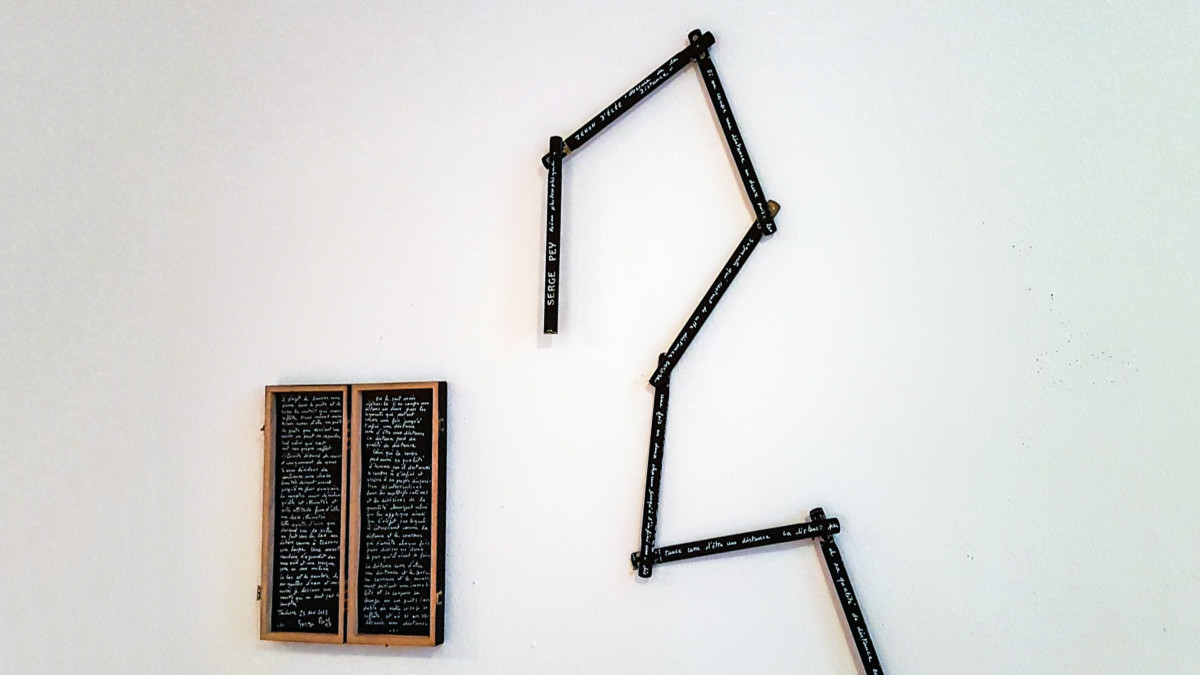What Makes a Book a Book?
My recent visit to the National Museum of Contemporary Art (MNAC) in Bucharest, Romania, had made me muse on what exactly the book is as a medium. There are purists who would tell you that codex (with some basic alterations) is the only valid format. In the modern world of electronic media, this view seems to me a bit narrow. Even more, if you consider the long and diverse history of the book, you will see that codex may be a prominent format today, but it is only a small part of all of the invented book formats.
I cherish every moment when I get a chance to witness some strange and unexpected format of a book. Sometimes these formats are quite old – I just haven’t thought they may be considered a book format. That’s exactly what happened during the course Japanese Culture Through Rare Books. The lecturer has discussed with lots of details all the traditional Japanese book styles and mentioned foldable maps. But, wait, why not to consider a foldable map a book? It just never occurred to me they could be classified that way!
Some artists books make make me experience these ‘Aha!’ moments. You may see an experimental format and understand it has ancients roots. It may be based on Sumerian clay tablets, wax tablets, palm-leaf manuscripts from the Indian subcontinent, scrolls, or something else.
In that way exhibition of works by Wanda Mihuleac and her collaborators is even more insightful because many different formats from different periods of artist’s creative life are shown here.
I’m not telling that considering codex your main format is wrong. But sometimes experimenting with the medium can bring astonishing results.
Just check these photos from MNAC Bucharest:
That’s what made me to think about palm-leaf manuscripts. This book is a repurposed foldable straight edge:
Another unlikely book format:
You can find more about projects of Wanda Mihuleac on her personal website.
Follow MNAC Bucharest on Facebook and check their website.
Please Support us on Patreon!
 The minimum level of contribution is only $1 per month.
The minimum level of contribution is only $1 per month.
Moreover, starting with the pledge level of $3, you will get a digitized vintage book about bookbinding, book history, or book arts each month from us!
These pledges help iBookBinding to continue its work and bring more information about bookbinding and book arts to you!



















